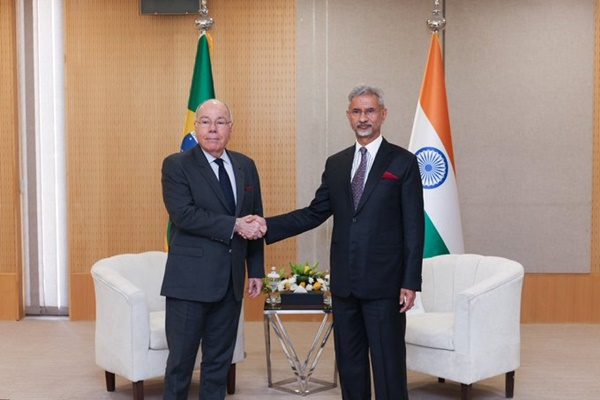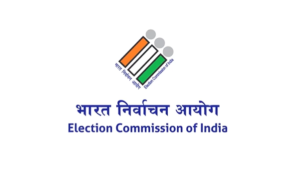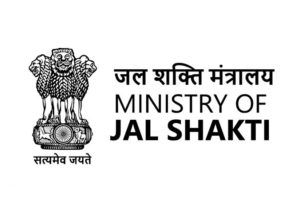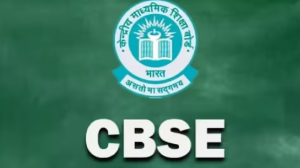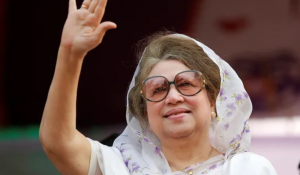External Affairs Minister Dr S. Jaishankar visited Riyadh, Kingdom of Saudi Arabia, from September 8-9, 2024, to attend the first-ever India-GCC Joint Ministerial Meeting for Strategic Dialogue. During his visit, Dr Jaishankar co-chaired the meeting alongside Sheikh Mohammed bin Abdulrahman bin Jassim Al Thani, Prime Minister and Minister of Foreign Affairs of Qatar, and President of the current session of the GCC Ministerial Council. This was the inaugural meeting between India and the Gulf Cooperation Council at the Foreign Ministers level, attended by the Foreign Ministers of all GCC countries and GCC Secretary General, Jasem Mohamed Albudaiwi.
During the meeting, Dr Jaishankar expressed India’s principled and consistent position on the ongoing situation in Gaza.
“While we condemn acts of terrorism and hostage-taking, we are deeply pained by the continuing deaths of innocent civilians. Any response must take into account the principles of humanitarian law. We support a ceasefire as soon as possible,” Jaishankar stated.
On the broader Palestinian issue, the EAM reiterated New Delhi’s support for a two-state solution.
“We have also contributed to the building of Palestinian institutions and capacities. In terms of the humanitarian situation, we have provided relief and increased our support to UNRWA,” he added.
In his remarks, Jaishankar highlighted the Gulf region’s central role in contemporary geopolitics, emphasizing the shared commitment to global peace, security, and stability between India and the GCC states.
“In a world polarized by conflict and tension, we share a commitment to global peace, security, and stability,” he said, adding, “Sometimes it is adversity that brings out the real importance of friendships.”
The minister noted that the pandemic underscored the relevance of India-GCC cooperation in areas such as health security, food security, and maritime security. He also stressed the importance of collaborating on emerging technologies, electric mobility, and green growth.
“Conflicts and tensions bring out the importance of cooperation on connectivity. In a world moving towards multipolarity, we can be mutually supportive of each other’s aspirations,” Jaishankar said. The minister also urged the early conclusion of an India-GCC Free Trade Agreement (FTA).
During the Strategic Dialogue, India and the GCC agreed on a Joint Action Plan for 2024-2028, focusing on advancing cooperation in academic and scientific fields. This plan aims to set specific programs for enhancing cultural collaboration between the two sides, allowing universities and academic institutions in the GCC and India to cooperate in scientific research and development. The GCC Secretariat has been tasked with coordinating the implementation of this Joint Action Plan.
GCC Secretary-General Jasem Albudaiwi, in his remarks, emphasized that the India-GCC strategic dialogue reflects the “sincere and mutual desire to enhance and develop relations in a way that serves the interests of our peoples and reinforces stability and prosperity in the region.”
Albudaiwi highlighted the historical and deep-rooted ties between India and the Gulf states, built on “foundations of mutual trust and fruitful cooperation.” He noted that the dialogue provides an effective mechanism for political engagement and consultation on shared challenges. The GCC Secretary-General also spoke about the importance of economic cooperation, trade, and investment between India and the Gulf states, noting that the trade volume between the two sides reached approximately $174 billion in 2022, accounting for about 11% of the GCC’s total trade volume.
Albudaiwi emphasized that enhancing joint investments could bring significant economic benefits, including job creation and economic growth. He also highlighted the potential for collaboration in renewable energy, technology and innovation, infrastructure development, and cultural exchange. The inaugural India-GCC Joint Ministerial Meeting for Strategic Dialogue is seen as an important step in further strengthening the multifaceted partnership between India and the Gulf region.


